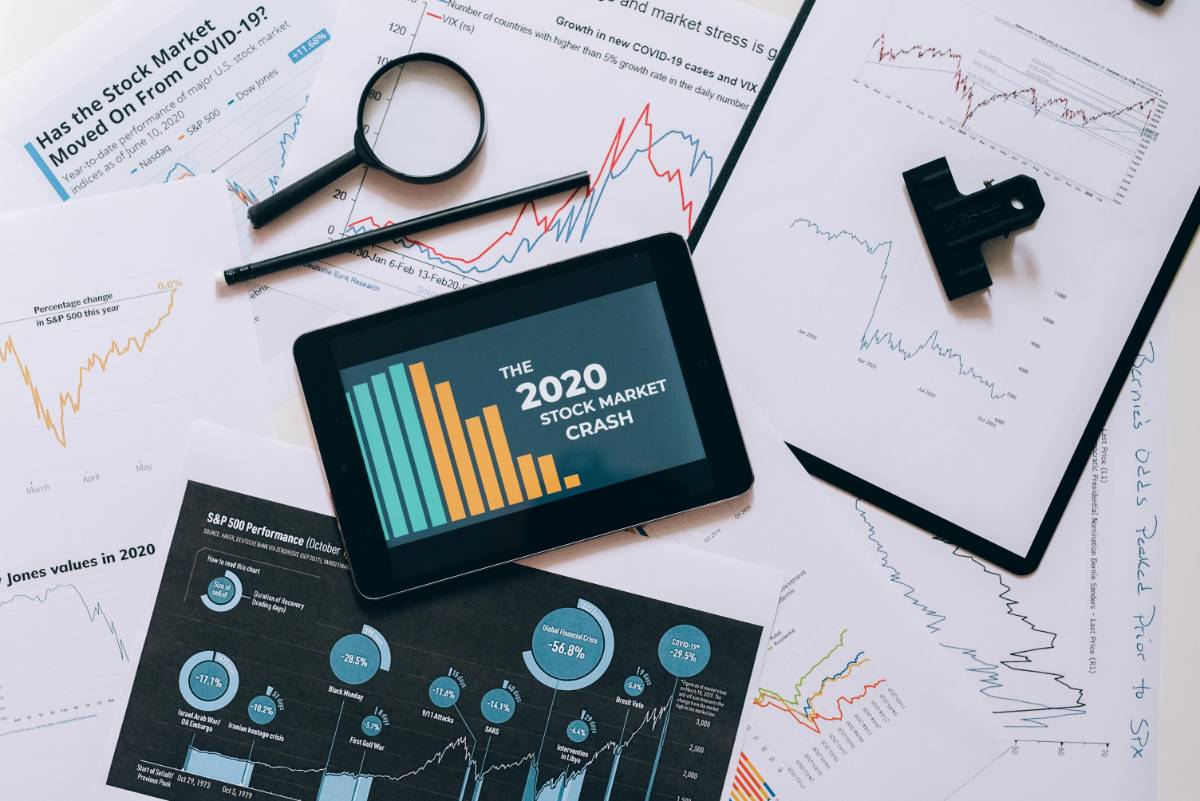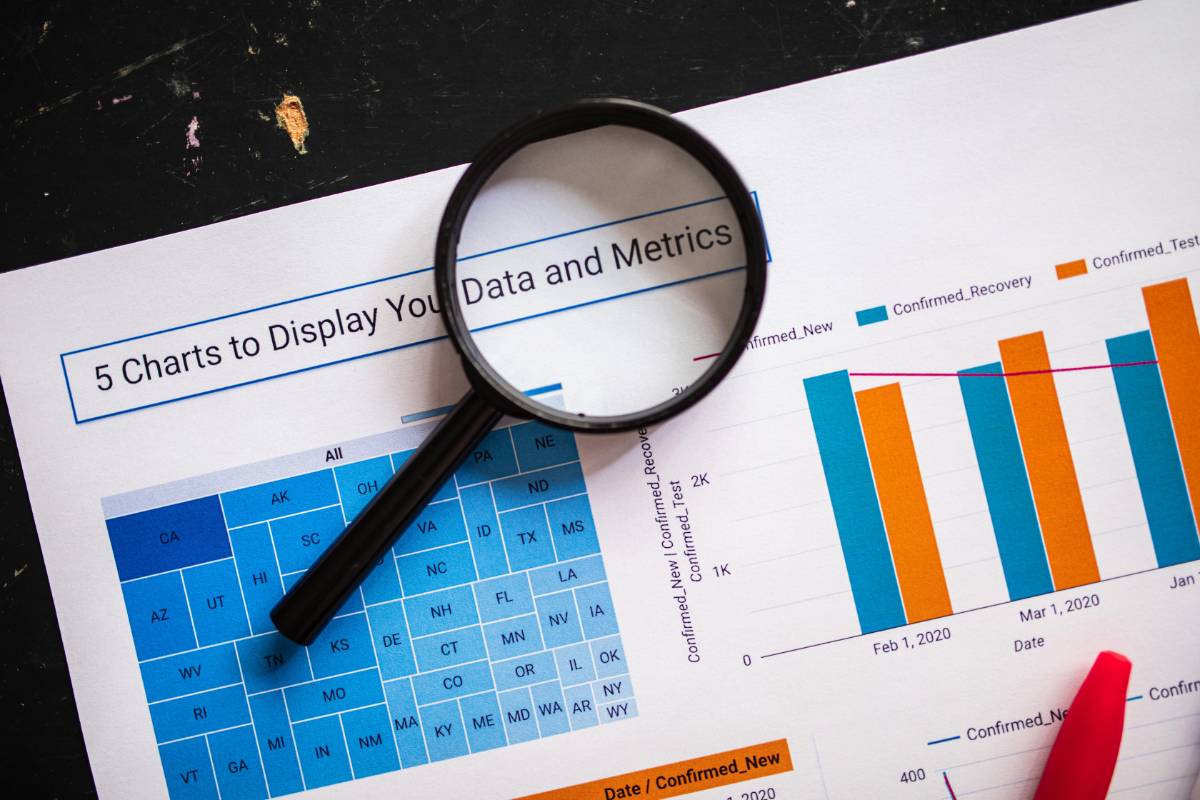
Understanding the US Banking System: How It Works and Why It Matters
 By Rahul Sharma
By Rahul SharmaThe US banking system is a cornerstone of the country's economy, affecting every aspect of financial life. This guide explains how it works and its importance for consumers.
1. Role of Federal Reserve
Overview: The Federal Reserve, or Fed, regulates the US banking system, setting policies to control inflation and ensure stability.
Key Points:
Interest Rates: The Fed’s rate changes affect borrowing costs across the economy.
Bank Supervision: The Fed monitors banks to maintain financial health and prevent crises.

2. Types of Banks in the US
Overview: There are different types of banks in the US, each serving unique purposes, including commercial, investment, and credit unions.

Key Points:
Commercial Banks: Provide essential services like checking and savings accounts.
Credit Unions: Offer similar services but are member-owned, often providing lower fees.

You might also like
1. How to Build a Diversified Portfolio Using ETFs and Mutual Funds2. 401(k) and IRA: How ETFs and Mutual Funds Fit Into Retirement Planning3. The Impact of Inflation on Personal Finances4. How Interest Rates Impact ETF and Mutual Fund Performance3. How Banks Affect Everyday Life
Overview: Banks facilitate essential financial activities such as managing deposits, providing loans, and helping customers build credit.

Key Points:
Credit Access: Banks provide access to loans for cars, homes, and personal expenses.
Payment Processing: Banks facilitate payments for consumers and businesses alike.

4. Importance of FDIC Insurance
Overview: The Federal Deposit Insurance Corporation (FDIC) protects depositors by insuring their accounts up to $250,000.
Key Points:
Deposit Security: FDIC insurance ensures depositor funds are safe in case of a bank failure.
Coverage Limits: Understand the coverage limits and how they apply to joint accounts.

5. Recent Trends and Digital Banking
Overview: Digital banking is transforming traditional services with online accounts, mobile payments, and fintech innovations.
Key Points:
Convenience: Digital banking offers 24/7 account access and mobile transactions.
Security Measures: Banks invest in cybersecurity to protect against online fraud.
The US banking system plays a crucial role in economic growth and personal financial stability. Understanding how it works can help you make informed decisions about your money and financial future.
About the author
 By Rahul Sharma
By Rahul SharmaRahul Sharma is a seasoned finance writer with over 8 years of experience helping millennials and Gen Z take control of their money. With a background in economics and a passion for demystifying complex financial concepts, Ananya shares actionable tips on budgeting, investing, and building long-term wealth. Her mission is to make financial literacy accessible, relatable, and empowering — no jargon, just smart money moves.
More like this

Stock Buybacks: How They Influence Share Prices
Stock buybacks have become a common strategy for companies looking to boost share prices and reward investors. Understanding their impact can help investors make informed decisions.

Meme Stocks: Are They Making a Comeback?
Meme stocks took the financial world by storm in recent years, driven by online communities and retail investors. As market conditions shift, many wonder if these stocks are making a comeback.

Dividend Stocks vs. Growth Stocks: Where’s the Best Opportunity?
Investors often face a crucial decision when building their portfolios: Should they invest in dividend stocks for stability or growth stocks for higher returns? Understanding the differences can help in making the right choice based on financial goals and risk tolerance.

How Geopolitical Events Affect U.S. Stock Performance
Geopolitical events have a significant impact on the U.S. stock market, influencing investor sentiment, market volatility, and sector performance. Understanding these effects can help investors navigate uncertainty and make informed decisions.

AI and Automation: The Next Big Disruptors in the Stock Market
Artificial intelligence and automation are transforming industries, and the stock market is no exception. These technologies are reshaping investment strategies, trading mechanisms, and market dynamics at an unprecedented pace.

S&P 500 vs. Nasdaq: Where Should You Invest?
Investors often compare the S&P 500 and the Nasdaq when deciding where to allocate their funds. Understanding the differences between these indices can help you make a strategic investment choice based on your risk tolerance and financial goals.

Why Tech Stocks Are Leading the Market Again
Tech stocks are once again at the forefront of the market, driven by innovation, strong earnings, and investor optimism. As companies in the sector continue to expand their influence, understanding the reasons behind this surge can help investors make informed decisions.

The Impact of Federal Reserve Policies on the Stock Market
Federal Reserve policies play a crucial role in shaping the stock market. Interest rate decisions, quantitative easing, and regulatory measures directly impact investor sentiment and market performance. Understanding these effects can help traders and long-term investors navigate the evolving financial landscape.

Top Performing Stocks on Wall Street This Quarter
The latest quarter on Wall Street has seen significant movements, with some stocks outperforming expectations while others struggled to keep up. Understanding these trends can help investors make informed decisions moving forward.

U.S. Stock Market Outlook: What to Expect in 2025
As we move into 2025, investors are looking for insights into the U.S. stock market's potential trajectory. Market trends, economic policies, and global events will all play crucial roles in shaping investment opportunities.

Market Volatility: Should Investors Be Concerned?
Market volatility is a common concern for investors, especially in uncertain economic conditions. While fluctuations in stock prices can be unsettling, understanding the factors behind market swings can help investors navigate uncertain times with confidence.

Tech Stocks to Watch: Are We in Another Boom?
The technology sector has been a driving force in the stock market, and recent trends suggest another potential boom. With advancements in artificial intelligence, cloud computing, and semiconductor innovation, investors are eyeing key tech stocks for future growth.

How Federal Reserve Decisions Are Impacting U.S. Stocks
The Federal Reserve plays a crucial role in shaping the U.S. stock market. Interest rate adjustments, monetary policy shifts, and economic outlooks set by the Fed significantly influence market trends and investor sentiment.

Top Gainers and Losers on Wall Street This Month
The stock market is constantly shifting, with certain stocks outperforming while others struggle. This month, Wall Street has seen significant movements in both directions. Here’s a look at the top gainers and losers.

Latest Trends Shaping the U.S. Stock Market in 2025
The U.S. stock market is evolving rapidly, with new trends shaping investor strategies and market movements. Understanding these trends can help investors make informed decisions in 2025.

Emergency Funds: Why They’re Essential and How to Build One
An emergency fund is a crucial aspect of financial planning, providing a safety net for unexpected situations such as medical emergencies, car repairs, or sudden job loss. Having a well-established emergency fund can reduce stress and prevent you from going into debt when life’s unexpected events occur. In this article, we’ll explore why emergency funds are essential and how you can start building one today.



